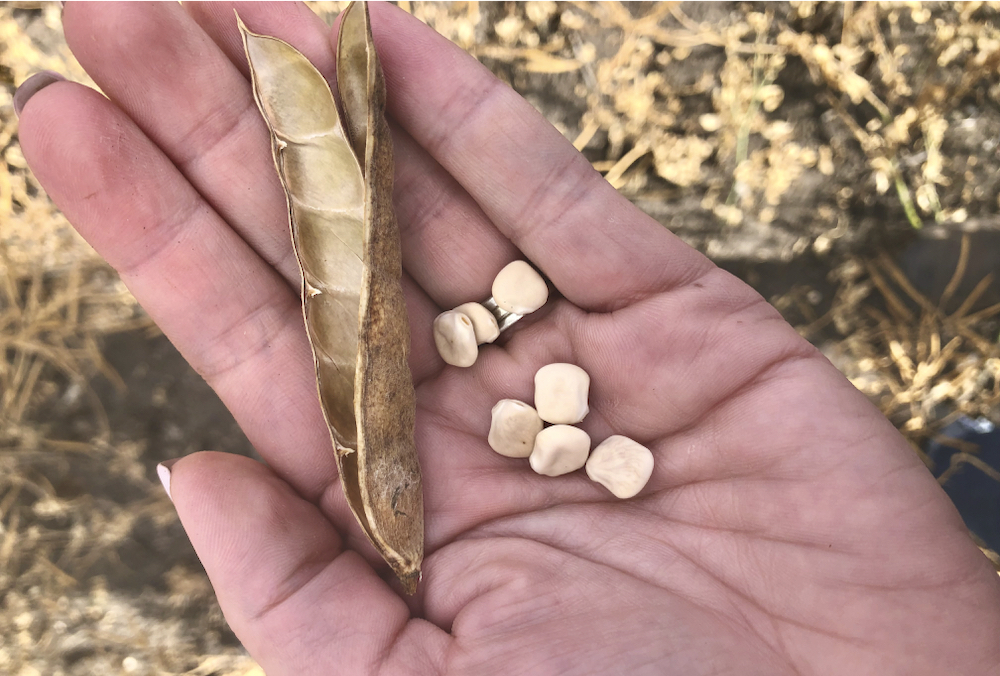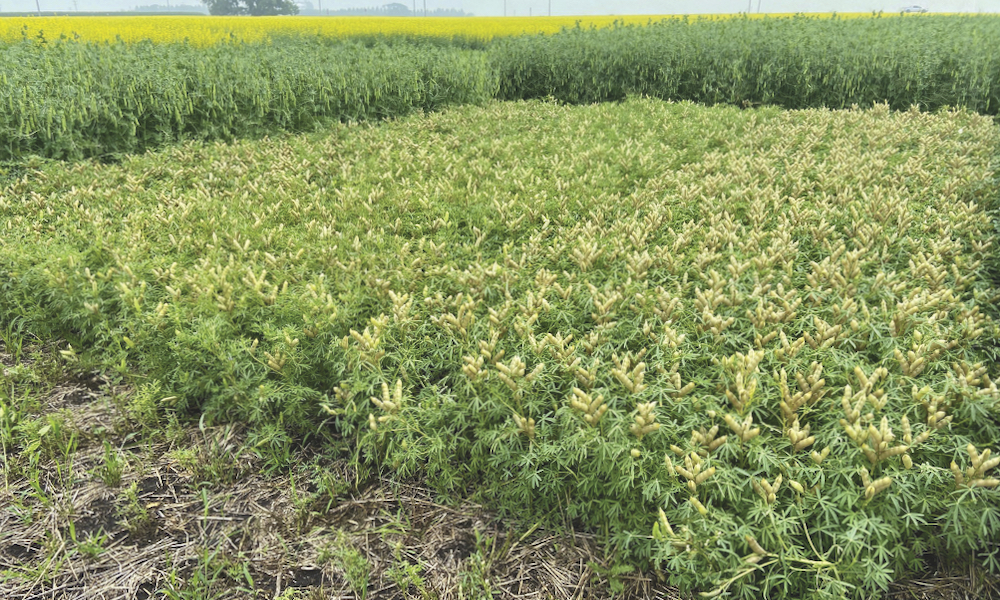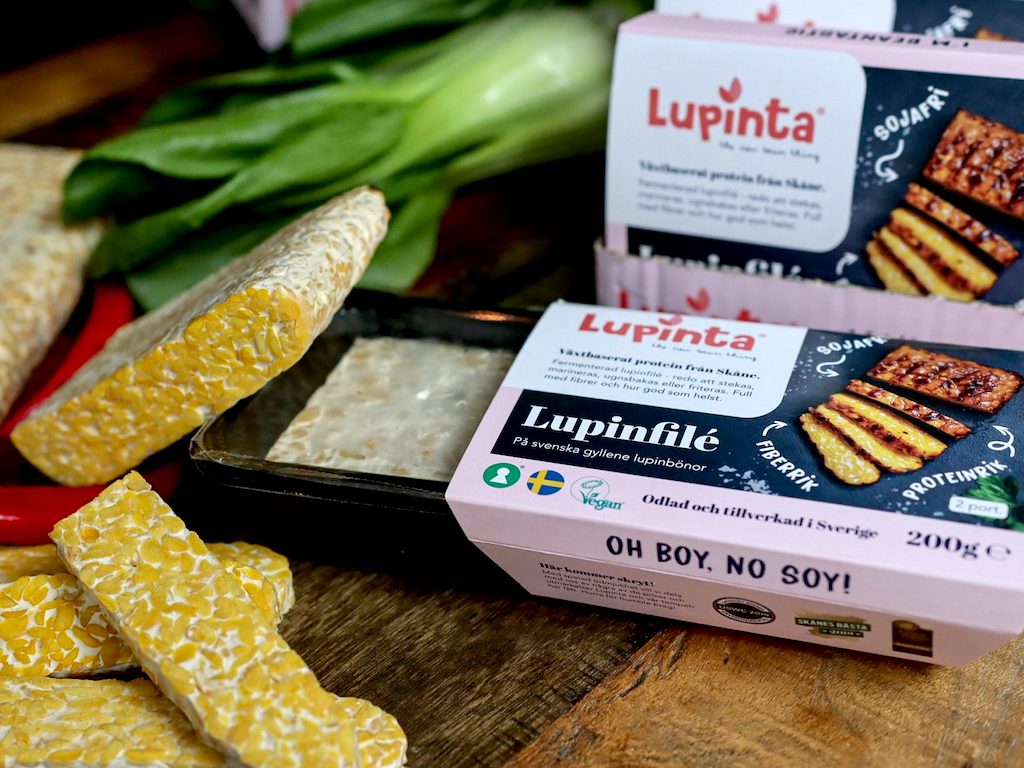Lupin Beans Gain Spotlight in Canada as Demand for High Protein Plants Grows

Lupin beans, also known as lupini beans, are round-shaped, mustard-colored beans and are often referred to as the “nutritional powerhouse.” They are full of fiber, amino acids, and are packed with vitamins and minerals like magnesium. They have the largest amount of plant protein content in comparison to other plant-based protein sources like soy, wheat, and peas. Processed lupin beans are often converted into plant-based meats and eggs across the world due to their texture and taste. The farmers consider Lupin as an attractive option to grow due to its high yields compared to other pulses and beans of the same type. In addition, lupin beans have a protein content of 35 to 40% which is more than the 24% yield for peas. The unique starch and oil composition make it the perfect ingredient to produce plant-based protein/meat and even fetches higher prices in the market.

Source: Country Guide.
Lupin beans are grown across the world for both human consumption as well as livestock feed. In 2020, only 4% of the lupin beans were consumed for human consumption but the recent growth in the plant-based protein/meat industry is encouraging the processors to use the beans in the form of flour in their baked goods and snacks. While traditional crops like yellow peas, soybeans, canola, and hemp are all in hot demand in Canada, lupin beans have also entered the spotlight in the country. Recently, “Protein Industries Canada (PIC)” announced a project to establish lupin as a staple crop in the Canadian agri-food sector to aid the growth of the plant-based protein/meat sector. Even though the crop is set to be relatively new in the country, it is likely to add value to Canada’s existing plant-based protein/meat ecosystem. The organization is aiming to build a model in which the entire value chain benefits from farmers to end consumers of lupin beans.
The beans are mainly grown across Western Canada from Southern Saskatchewan to British Columbia. In 2021, the production and overall yield of lupin beans were severely impacted by intense droughts in these regions. Currently, the market is not very strong in Canada but the future ahead is rosy, as large companies venture into lupin production. It is expected that the area devoted to lupin beans will reach 50,000 acres by 2024 and potentially 100,000 acres by 2028. It is also expected that the price of lupin beans prices will be determined by the amount of protein in the beans and whether it is meant for domestic consumption or the livestock feed market.

Source: Country Guide.
Canada’s decision to expand its horizon and specialize in high protein lupin beans is likely to be beneficial for investors and farmers as the global plant-based protein/meat protein market is on a boom. An estimate by Ernst & Young report commissioned by PIC shows that the global plant-based protein/meat, feed, and ingredients market will likely surpass USD 250 billion by 2035. Amid the rising demand, Canada is seeking to become the top supplier of choice for high-quality and premium lupin to the world.

Source: Green Queen.
Sources
- Country Guide. “Another pulse crop option for growers?.”
- Germination. “As the Plant-Based Food Market Surges, the Lupin Bean is a Rising Star.”
- Green Queen. “What Are Lupin Beans? Meet The Superfood Transforming Vegan Food, From Milk to Meat.”
- Nutraceutical Business Review. “Protein industry partnership to cultivate lupin in Canada.”
